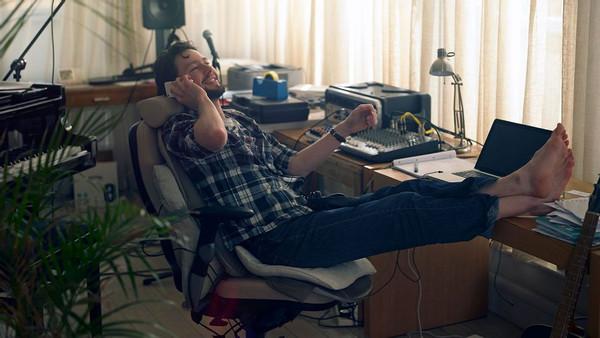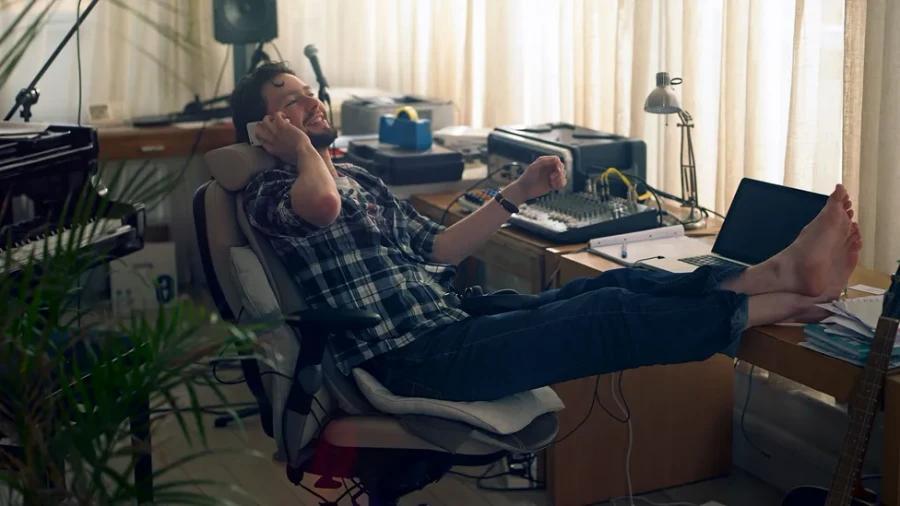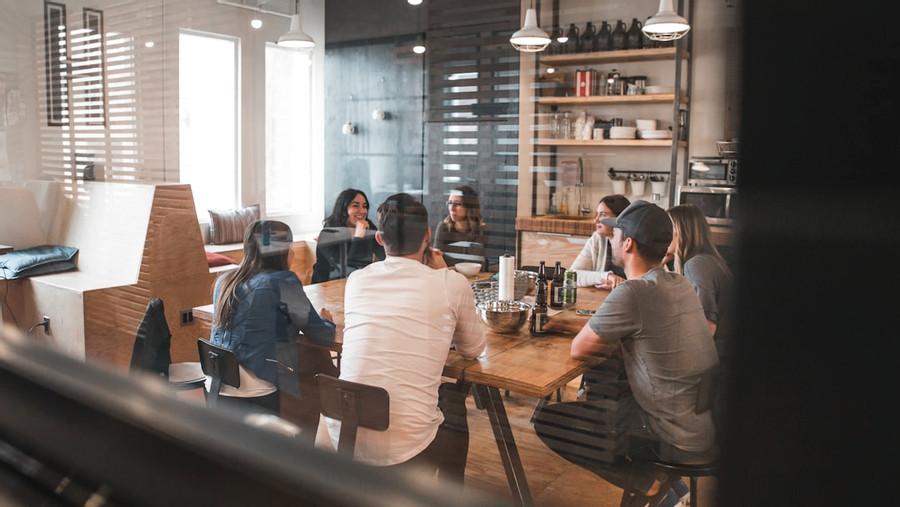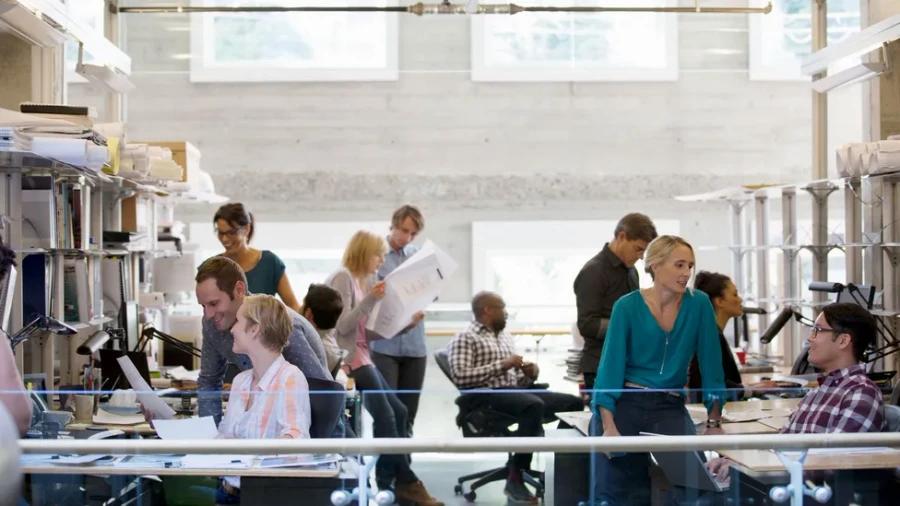Explore the World's Best Ideas
Join today and uncover 100+ curated journeys from 50+ topics. Unlock access to our mobile app with extensive features.
Back To Office But Out Of Practice
Employees of all stripes are finding their way back to desks, even just a few days a week. But the transition has not been easy for everyone.
In many cases, lots of simple things that people were good at before the pandemic, from meal prep to face-to-face conversations and socialising with colleagues, are no longer second nature, because workers are out of practice. Plus, because of people’s differing attitudes to remote work, re-entering the open-plan offices that workers left behind in 2020 has been uplifting for some and jarring for others or even a confusing mixture of the two.
4
35 reads
We Forgot How We Behaved In Office
Some people, after having complete control over their working environments at home, are more socially anxious and less tolerant of the irritations that come with being surrounded by colleagues. Others, meanwhile, might be so happy to be in an office with colleagues that they wind up breaching rules of social etiquette that used to be there.
‘Being in the office’ isn’t the same as it was before; the way many companies use offices has changed as remote and hybrid work becomes more entrenched. The purpose the office serves now – and the rules around our behaviours in it – are still evolving.
4
25 reads
The Stuff We Are Used To While Working From Home
The shift from full-time remote working to a hybrid format is a required adjustment in the new way of knowledge-working – and for many, it’s been a clunky process. Many workers are finding it difficult to shake off the work-from-home habits they’ve developed that no longer belong in the office – things like taking client meetings in loungewear, stealing cheeky mid-afternoon naps or even pacing around the room to think through an idea.
On the upside, some of these habits will dissipate over time, because the office will force workers back into appropriate behaviour.
5
23 reads
The Changing Purpose Of Going To An Office
Workers used to go to offices to do all their work, both their heads-down solo tasks as well as their group work. But now, in-office days in a hybrid environment often have a new, highly specific purpose, which is to foster socialisation and collaboration.
Some workers are finding their colleagues have lost the etiquette – and even decorum – required in an office setting. With a focus on socialisation, many colleagues are boisterous in ways they haven’t been in the past, leaving workers who still have to get individualised work done in inhospitable situations annoyed.
4
21 reads
Oversensitivity To Disruptions
There's this need to connect on such a large level after being isolated for two or three years, so the office, for those who are going back to work, is really kind of seen as this place to finally connect and share ideas.
The workers who are bothered by disruptions may also be more sensitive now than they were prior to office closures. They have adjusted so thoroughly to their remote environments, curated exactly how they want them, that even a baseline ‘normal’ amount of disruption may be too much.
However, as going to the office becomes the norm, workers will adjust, as they always do.
5
17 reads
IDEAS CURATED BY
CURATOR'S NOTE
True!
“
Orla Braun's ideas are part of this journey:
Learn more about corporateculture with this collection
Ways to counter the Great Resignation
Strategies for making better decisions
Tips for giving effective feedback
Related collections
Similar ideas
Read & Learn
20x Faster
without
deepstash
with
deepstash
with
deepstash
Personalized microlearning
—
100+ Learning Journeys
—
Access to 200,000+ ideas
—
Access to the mobile app
—
Unlimited idea saving
—
—
Unlimited history
—
—
Unlimited listening to ideas
—
—
Downloading & offline access
—
—
Supercharge your mind with one idea per day
Enter your email and spend 1 minute every day to learn something new.
I agree to receive email updates





